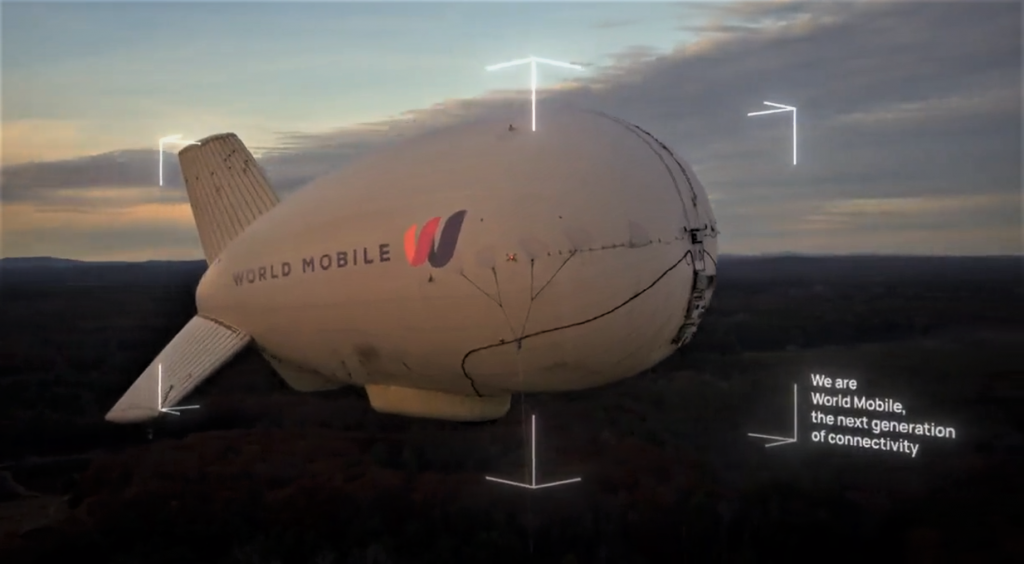World Mobile is launching its unique hybrid mobile network supported by low altitude platform balloons in Zanzibar. The balloons are the first to officially launch in Africa for commercial use, providing a more cost-effective way to provide digital connection to people compared to rolling out legacy internet infrastructure.
These balloons act as floating cellular base stations transmitting radio signals to ground stations and personal devices.
No ad to show here.
This ambitious project comes after a successful $40 million funding round and seeks to deliver access to the digital economy for over a million customers by the end of 2023. It also represents the first step in a mission to help bring nearly four billion people online before 2030, in line with the UN and World Bank’s sustainable development goals.
Beyond Zanzibar, World Mobile is in discussions with government officials in Tanzania and Kenya, as well as other territories underserviced by traditional mobile operators.
It plans to have 20 mesh sites – local WiFi nodes – rolled out by January 2022 and 120 sites during the first six months of 2022 including the first aerostat balloon launch. Although, given the failures of Alphabet’s Project Loon which shut down in early 2021, these goals seem unlikely.
The roll out will cover approximately 75% of Unguja Island and provide access to the wider digital economy including communications, e-commerce, finance, healthcare, and education to the islands’ almost 900 000 inhabitants.
About the balloons
The remotely controlled aerostat balloons are powered by solar panels, inflated by helium, and tethered to the ground.
“We want to help create a world where everyone can access affordable connectivity, a world where economic freedom is a truth and a world where people are able to jump on the opportunities that internet creates,” says World Mobile CEO Micky Watkins.
“Zanzibar will become the world’s first smart region powered by World Mobile, connecting businesses, schools and society as a whole.”
World Mobile already has agreements in place with the Zanzibarian government to provide connectivity for three hundred schools, and a four-step plan is in place to unlock Zanzibar’s Blue Economy, across marine industries.
